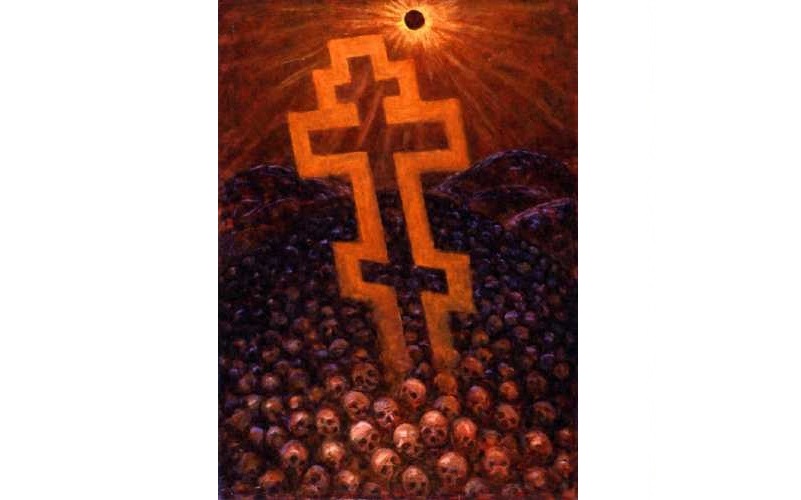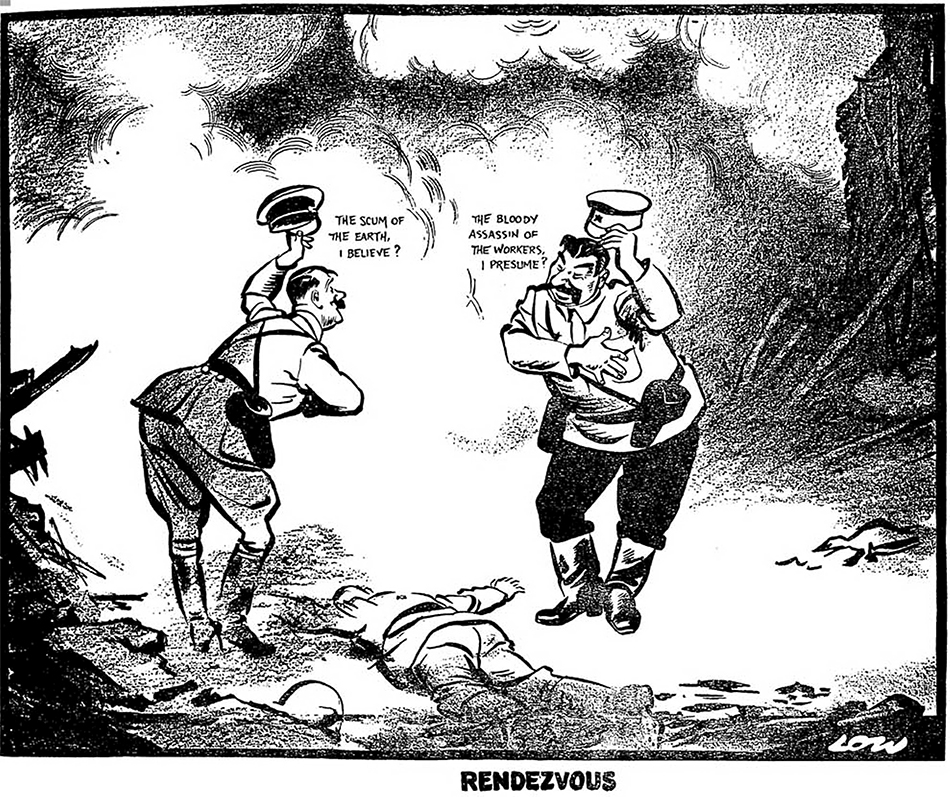- crimes committed in the context of the conduct of hostilities;
- crimes committed during detentions;
- crimes committed in Crimea.
The next step will be to request authorization from the Judges of the Pre-Trial Chamber of the Court to open investigations. The preliminary investigation took a whole six years because Ukraine had not ratified the Rome Statute; if it did, the investigation would have been launched immediately. The preliminary investigation into the situation in Ukraine was opened on 24 April 2014 on the basis of an ad hoc statement by the Government of Ukraine recognizing the jurisdiction of the ICC, which was subsequently joined by Ukraine's second statement in 2015 to cover crimes allegedly continuing on the territory of Ukraine since 20 February 2014. During this time, Ukraine's Prosecutor General's Office and NGOs have repeatedly provided the ISS Prosecutor's Office with systematic information on acts that may qualify as crimes against humanity committed during the annexation and occupation of Crimea and the armed conflict in Donbas. Among them are the reports "Russian War Crimes in Eastern Ukraine,” by Polish MP Malgorzata Gosiewska, “Those that lived through hell,” by the Coalition For Peace and Justice in the Donbas, “Executed in Donbas” by the NGO Myrnyi Bereh and Kharkiv Human Rights Group.In 2015 Ukraine asked the ICC to examine situation in Crimea & the east of Ukraine with regard to war crimes & crimes against humanity. Prosecutors have concluded the examination. Today they announced a historic decision: there are grounds to launch an official investigation 1/2
— Dmytro Kuleba (@DmytroKuleba) December 11, 2020
How does the ICC qualify the conflict in Ukraine?
It views the situation in [highlight]Crimea[/highlight] as an international armed conflict and ongoing occupation. This assessment was first made in its November 2016 report, namely -- that the situation in Crimea since the deployment of the members of Russian armed forces there at the end of February 2014 “amounts to an international armed conflict between Ukraine and the Russian Federation.” The law of international armed conflict, the report went on, continued to apply after the formal act of annexation “to the extent that the situation within the territory of Crimea and Sevastopol factually amounts to an on-going state of occupation.” As for the war in [highlight]Donbas[/highlight], the ICC Prosecutor's Office remains in a position of parallel qualification, classifying the hybrid aggression both as an international armed conflict and at the same time as a non-international armed conflict. The preliminary reports state that by 30 April 2014, “the level of intensity of hostilities between Ukrainian government forces and anti-government armed elements in eastern Ukraine had reached a level that would trigger the application of the law of armed conflict and that the armed groups operating in eastern Ukraine ... were sufficiently organized to qualify as parties to a non-international armed conflict.” Meanwhile, the Office also assessed that “direct military engagement between the respective armed forces of the Russian Federation and Ukraine, indicated the existence of an international armed conflict in eastern Ukraine from 14 July 2014 at the latest, in parallel to the non-international armed conflict.”What is known about Russia's war crimes in Ukraine
The preliminary reports of the ICC include these examples of crimes committed in Russian-occupied Crimea:- the harassment of Crimean Tatars based on ethnic origin;
- killing, abduction, unlawful detention, ill-treatment of those deprived of their freedom;
- denial of the right to a fair trial,
- compelled military service of Crimeans in the Russian army.
- downing the civilian flight MH17;
- artillery shelling of Mariupol;
- shelling of Ukrainian positions with weapons installed among residential buildings;
- artillery shelling of a bus near Volnovakha.
Read also:
- Punishing Russia for war crimes in Ukraine is possible, but will take time
- Ukraine vs. Russia in The Hague
- Hague receives report on Russia’s war crimes in Ukraine
- Evidence on perpetrators of war crimes in Russia’s war in Donbas to be submitted to The Hague
- Executed in Donbas: activists present data on 95 extrajudicial killings
- Legal battle: How Ukraine sues Russia in international courts
- War on terms: who’s fighting against Ukraine in Donbas – terrorists, rebels, insurgents?
- War crimes in occupied Donbas: every second prisoner tortured, 16% witnessed executions





